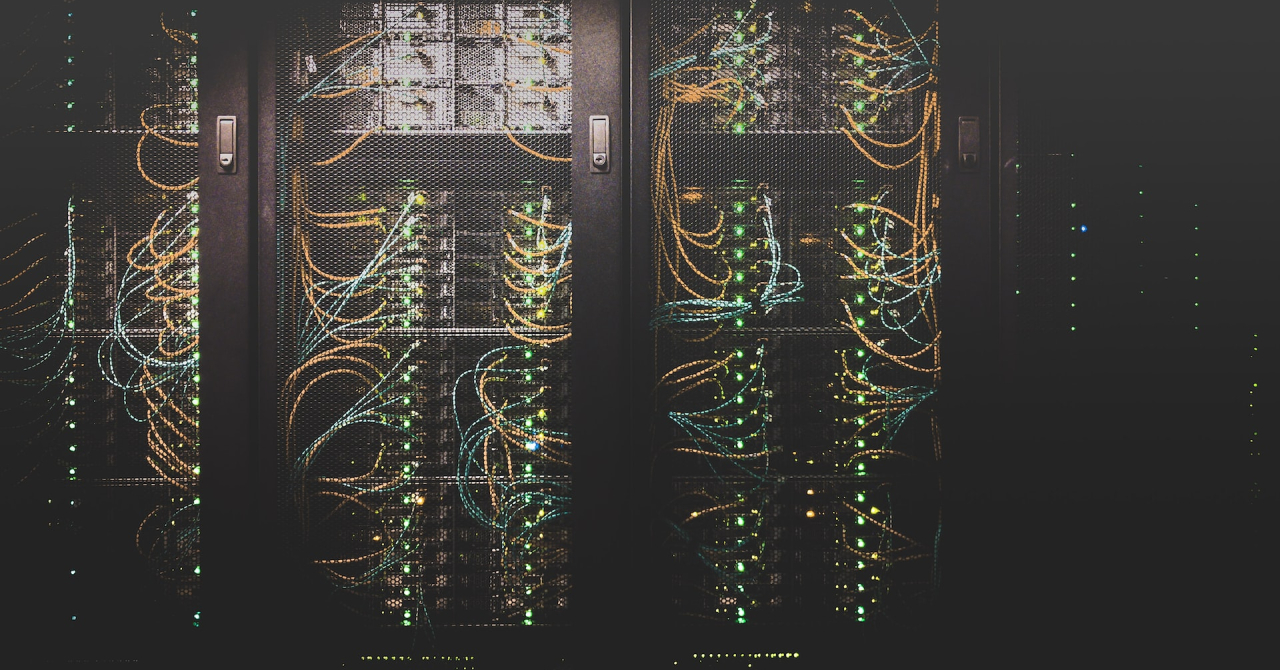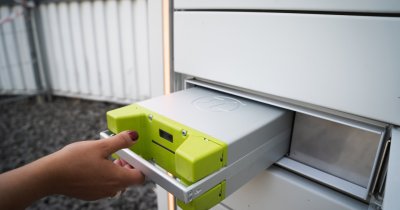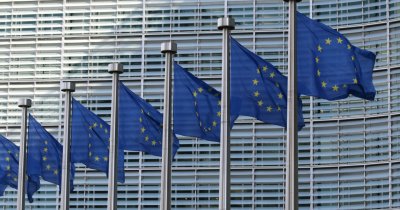According to Euronews.green, excess heat accounts for as much as 2,860TWh of annual wasted energy in the EU.
To put into perspective how massive this supply could be for the region, EU and the UK together consume about 3,180TWh of power for heat and hot water.
Scientists at global engineering company Danfoss argue that "much of this excess heat could instead be captured and used."
“Using excess heat is energy efficiency in its purest form”, they added.
Data centers, supermarkets and facilities that manufacture steel, among others, generate huge amounts of excess heat that could be used to satisfy most of our power needs and some experts believe that using this heat will be essential to Europe's green transition.
Research done by the International Energy Agency shows that just with proper home insulation, the world can prevent the release of five billion tons of emissions per year by 2030.
Heat pumps can help us capture excess heat, which we can then use for power demand, so it's not like we have to find a solution to help us solve this problem, although of course, through research, this technology can be improved and other technologies can be developed.
Preventing the release of much excess heat can also be a solution, so developing more efficient electronics and appliances, such as air conditioners and refrigerators, can help, as well.
Also, better urban development can also help, such as positioning data centers that release high amounts of energy in the form of heat near a building that can make use of the resource.
One place that makes use of circulating excess heat is the Technological University Dublin, which uses the excess power from an Amazon server to warm the student dorms.
In Norway, excess heat produced by a data center is being used by the world's first land-based lobster farm to heat the water that lobsters grow in.
Experts added that "recycling heat is not only an overlooked measure in the current energy crisis, but also the next frontier of the green transition."
 Mihai - Cristian Ioniță
Mihai - Cristian Ioniță












Any thoughts?